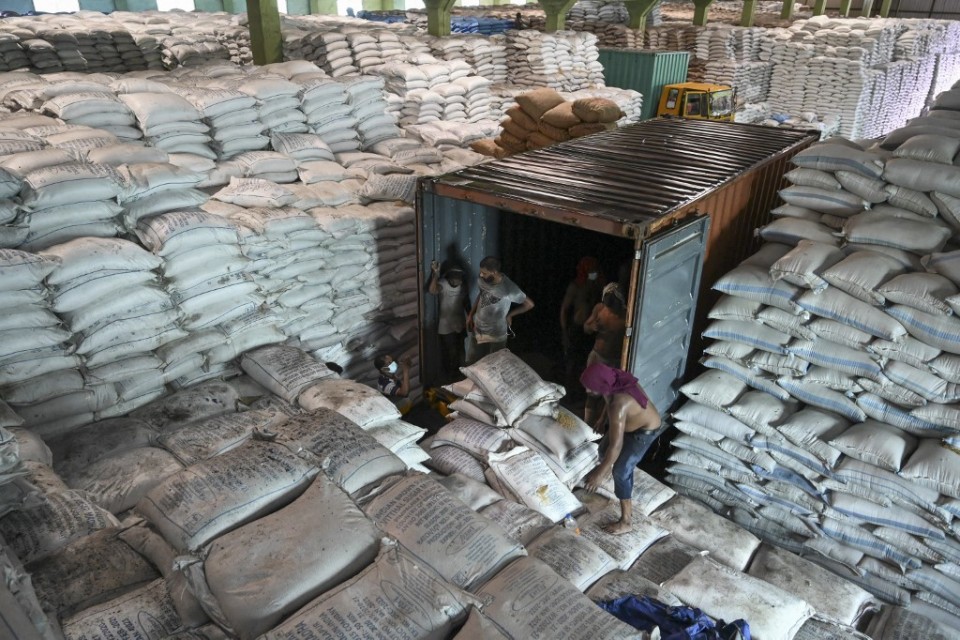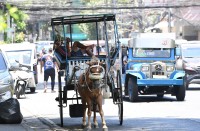
COLOMBO, Sri Lanka (AFP) — Sri Lankan government officials on Wednesday raided private warehouses to seize thousands of tonnes of sugar, a day after a state of emergency was declared over food shortages caused by a currency crisis.
A military officer put in charge of efforts to bolster food stocks said at least 13,000 tonnes of white and brown sugar were found in the raids.
“The objective is to prevent hoarding,” Major General Senarath Niwunhella, who was named commissioner general of essential services on Tuesday, told AFP.
He denied the sugar was being confiscated.
“The government will pay a reasonable price to the importers based on the valuations provided to customs.”
The general said importers had stockpiled sugar while market prices rose sharply.
“Today we started with sugar and will expand this action to other commodities like wheat flour and rice too if importers do not release their stocks to the market,” he said.
The raids were concentrated on warehouses just outside the capital.
Experts have blamed the food crisis on a shortage of foreign exchange to import and maintain buffer stocks. Authorities have increased penalties for food hoarding.
Sugar was not easily available at the state-mandated price of 135 rupees ($0.67) a kilo (2.2 pounds), but could be bought in the black market for double the price.
Niwunhella said the seized stocks will be given to state-owned retail stores to sell for below the open market price.
There have also been sharp price rises for rice, onions and potatoes, while long queues have formed outside stores because of shortages of milk powder, kerosene oil and cooking gas.
The shortages come as the country of 21 million battles a fierce coronavirus wave that is claiming more than 200 lives a day.
The economy shrank by a record 3.6 percent in 2020 because of the pandemic.
Last year, the government banned imports of vehicles and other items, including edible oils and the widely used spice turmeric in a bid to save foreign exchange.
Importers still say they have been unable to source dollars to pay for food and medicines.
© Agence France-Presse







